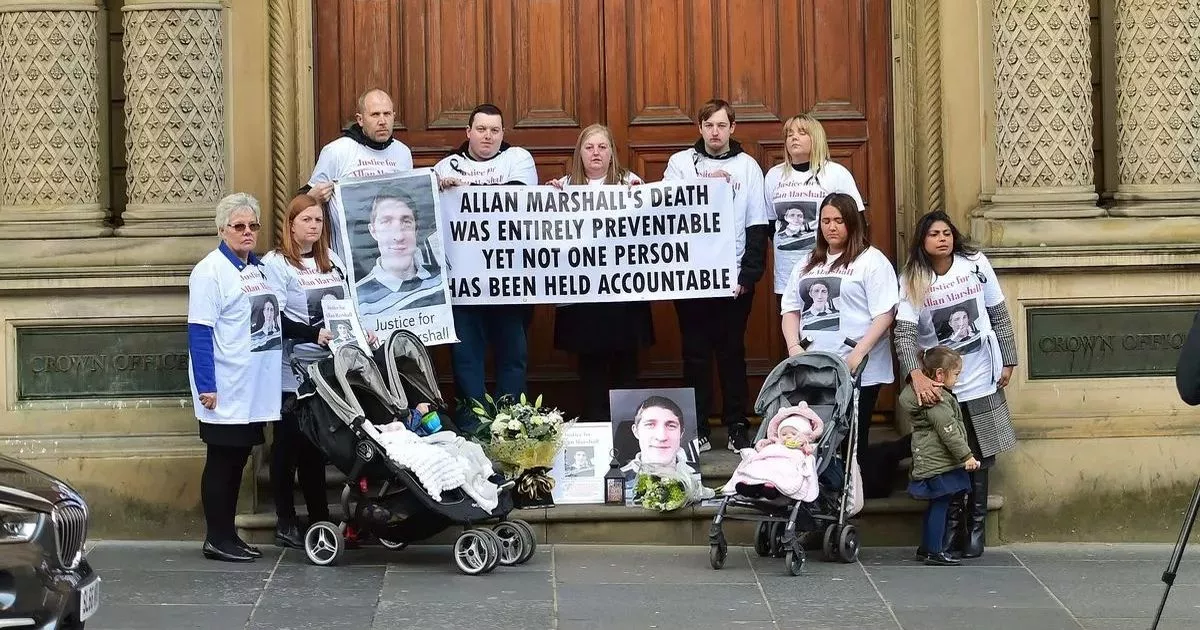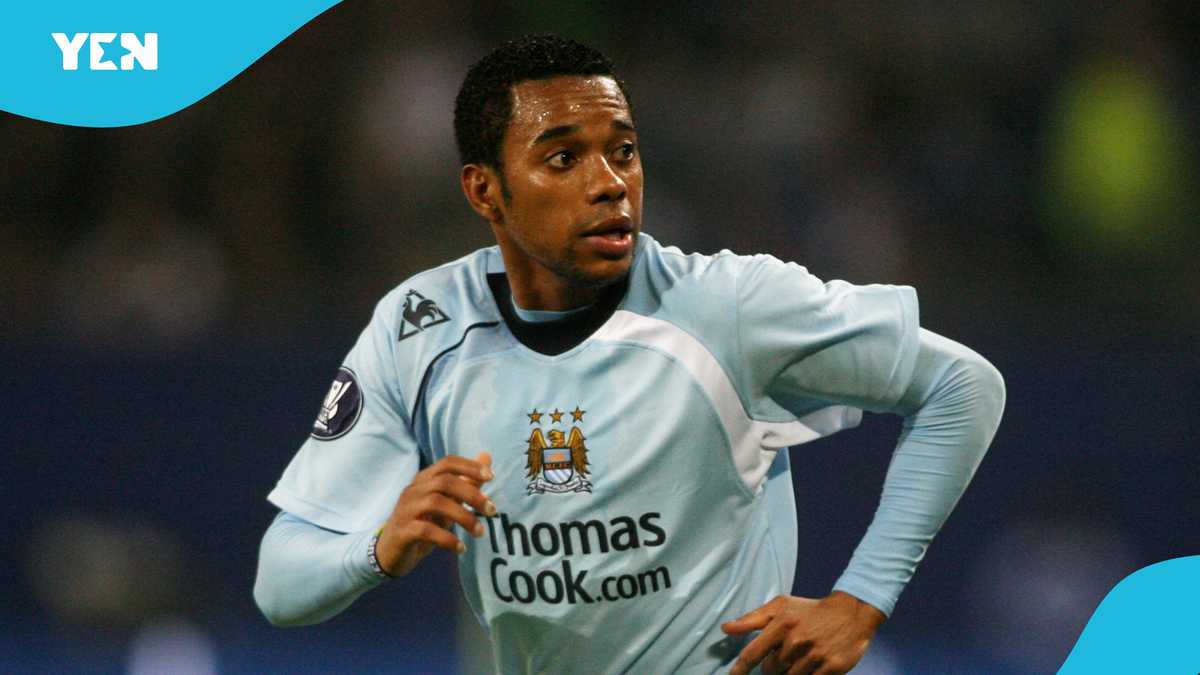Copyright stabroeknews

Dear Editor, I wish to draw attention to a striking and somewhat paradoxical phenomenon unfolding in very different parts of the world: the case of Thailand’s former Prime Minister Thaksin Shinawatra, and that of Guyana’s businessman-politician Azruddin Mohamed. Both men are immensely wealthy, both emerged on popular platforms that appealed to poorer and marginalised voters, and both now face serious legal and integrity challenges. And yet in each case a substantial popular following persists. The question this raises for our own context is: why does such popularity coexist with serious allegations of wrongdoing, and what does that mean for the health of democracy? In Thailand, Thaksin’s political rise was dramatic. A telecoms magnate turned politician, he launched the party Thai Rak Thai Party in the late 1990s and swept to power in 2001 on the promise of transforming the lives of rural and low-income Thais. He introduced the “30 baht” ($1) health plan, rural credit schemes, village development funds and micro-loans to farmers. His appeal to voters in Thailand’s north and northeast, who had long felt excluded from the Bangkok-based elite, was profound. What is important is that a significant part of his popularity was built before many of his large programmes had matured. A wealth-backed outsider promising to deliver change tapped into a demand that the established political order had neglected. And yet, from the outset, Thaksin was shadowed by accusations: conflicts of interest (his business empire benefitted under his government), abuse of power, crackdown on critics and questionable corporate transactions. Ultimately he was removed by a military coup in 2006, went into self-exile and was later convicted of corruption and abuse of power. Never-theless, even after the convictions, his support base remains significant in large parts of Thailand’s electorate. In Guyana, the case of Azruddin Mohamed presents a similar pattern. Although relatively recent, Mohamed has built a profile as a businessman-politician with conspicuous wealth and visible philanthropic gestures in housing, sports and community giving. He is publicly portrayed as a champion of vulnerable and underserved communities. At the same time, he faces serious legal allegations: undervaluation of luxury imports (a Lamborghini declared at US$75,300 instead of nearly US$695,000) and tax evasion with the Guyana Revenue Authority (GRA) for over GY$383 million in taxes. In addition, he and his father have been sanctioned by the U.S. Treasury under allegations of gold-smuggling worth over 10,000 kg and tax evasion of more than US$50 million. Despite these weighty claims, Mohamed’s party, the We Invest in Nationhood (WIN) Party, has secured significant electoral support and a real presence in Parliament as the pending Leader of the Opposition. Crowds have even gathered to cheer him outside court hearings. So the paradox: serious allegations of corruption, fraud, abuse of power, and yet robust popular support. Why does this happen? In both Thailand and Guyana, several factors seem to align. One, a long-standing sense of exclusion among large sections of the populations who are rural, remote and economically marginalised, means that a wealthy outsider promising change looks attractive. Two, the wealthy candidate uses his resources, visibility and philanthropy to build a personal brand of “someone who can deliver”. In these cases, wealth and flamboyance are not a disqualifier but actually part of the appeal. Three, the charges against them, however serious, are often perceived by supporters as part of an “establishment” plot or simply as less important than the promise of change. Meanwhile the opposition comes from the status quo who feel challenged by the new populist force. But there are key caveats. In Thailand the opposition to Thaksin was strong: the Bangkok-based middle class, royalist establishment and military formed a powerful counter-movement. In Guyana too, the governing party and other opposition voices have expressed unease about Mohamed’s rise and about the implications of his political movement for transparency, accountability and economic stability. What must be critically observed is whether the popularity of such figures leads to durable institutional reform, or merely a shift in patronage networks with the same risks of elite capture and abuse masked by personal giving. For Guyana, in particular, this comparison holds instructive lessons. It is vital to watch not only the charismatic individual but the structures that surround them. The fact that serious charges do not automatically derail political support underscores how much the “social contract” in many parts of the world may be based on visible benefits rather than institutional integrity. In a country entering an oil-wealth era and grappling with questions of inclusion, the emergence of someone like Mohamed is unsurprising. But the question is whether his movement strengthens governance, transparency and equal opportunity, or simply provides a new face for long-standing structural issues. In conclusion, the parallel between Thaksin Shinawatra and Azruddin Mohamed is neither perfect nor identical, but offers a cautionary mirror. Two rich men, flashy in style, championing the poor, gaining significant followings despite serious legal and ethical challenges. For civil society, the media and the citizenry in Guyana, the challenge is clear: to view popularity and promise not as substitutes for accountability and institutions. The strength of democracy lies not just in who is in power, but how power is exercised and how transparent and sustainable the outcomes are. Dr Walter H. Persaud



